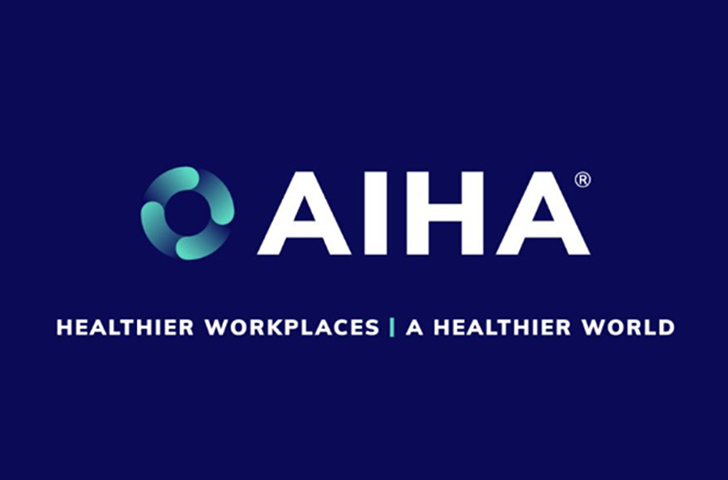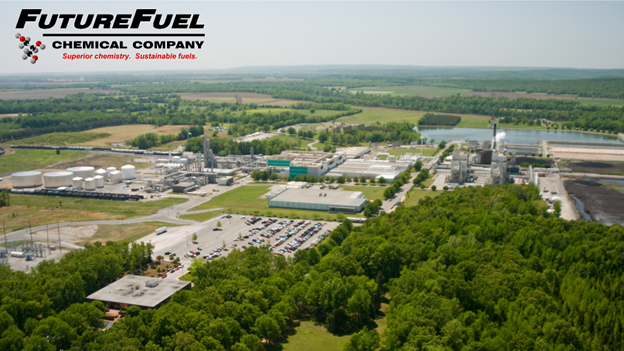
Apr 10, 2025
Navigating the New Tariff Landscape: How Specialty Chemical Manufacturers Can Thrive Amidst Trade Restrictions

Jim Stockhausen
The recent announcement of sweeping tariffs by the U.S. administration has sent ripples through various sectors of the economy, with the specialty chemicals industry feeling a significant impact. These tariffs, aimed at reshaping international trade dynamics, have introduced a new layer of complexity for manufacturers reliant on global supply chains. In this evolving scenario, custom chemical manufacturers like FutureFuel Chemical Company emerge as pivotal players, offering solutions that not only mitigate the adverse effects of tariffs but also position the industry for sustainable growth.
Understanding the Tariff Implications
In early 2025, the U.S. government unveiled a comprehensive tariff strategy, imposing a universal 10% tariff on all imports, with additional levies ranging from 20% to 50% on goods from countries with substantial trade imbalances with the U.S. This move, while intended to bolster domestic industries, has introduced significant challenges for sectors like specialty chemicals, which have traditionally depended on a complex web of international suppliers for raw materials and intermediates.
The immediate consequences of these tariffs include:
- Increased Production Costs: Higher tariffs on imported raw materials directly elevate production expenses, potentially eroding profit margins for manufacturers.
- Supply Chain Disruptions: Dependence on foreign suppliers becomes precarious, with tariffs causing delays and uncertainties in procurement.
- Competitive Disadvantages: Elevated costs may render U.S. manufacturers less competitive in both domestic and international markets, especially against counterparts not subjected to similar tariffs.
The Strategic Shift Towards Domestic Custom Manufacturing
In response to these challenges, many companies within the specialty chemicals sector are reevaluating their operational strategies. A prominent trend emerging from this reassessment is the shift towards domestic custom manufacturing. This approach offers several compelling advantages:
- Tariff Mitigation: By sourcing and producing domestically, companies can circumvent the additional costs associated with import tariffs, leading to more predictable and stable pricing structures.
- Enhanced Supply Chain Resilience: Localized production reduces reliance on international suppliers, thereby minimizing risks related to geopolitical tensions, shipping delays, and other global uncertainties.
- Quality and Regulatory Compliance: Domestic manufacturers are well-versed in U.S. regulatory standards, ensuring that products consistently meet stringent quality and compliance requirements.
- Agility and Customization: Custom manufacturers offer the flexibility to tailor production processes to specific client needs, facilitating innovation and rapid adaptation to market changes.
FutureFuel Chemical Company: A Partner in Navigating Tariff Challenges
At FutureFuel Chemical Company, we recognize the complexities introduced by the current tariff environment and are committed to providing solutions that empower our clients to navigate these challenges effectively. Our suite of services is designed to offer:
- Custom Synthesis and Toll Manufacturing: Leveraging our state-of-the-art facilities in Arkansas, we provide end-to-end support, from process development to full-scale production, tailored to the unique requirements of each client.
- Regulatory Expertise: Our in-depth understanding of U.S. environmental and safety regulations ensures that all products not only meet but exceed compliance standards.
- Supply Chain Optimization: By localizing production, we help clients reduce lead times, manage inventory more effectively, and enhance overall supply chain resilience.
- Collaborative Innovation: Our team of experienced chemists and engineers work closely with clients to develop innovative solutions, enabling them to stay ahead in a competitive market landscape.
The Broader Economic Implications
The imposition of tariffs has sparked extensive debate among economists and industry leaders. While the intent is to protect domestic industries, there are concerns about potential inflationary pressures and the risk of retaliatory measures from trading partners. For instance, following the U.S. tariff announcements, China implemented countermeasures, including a 34% tariff on U.S. goods, escalating trade tensions and impacting various sectors.
In this context, the strategic decision to partner with domestic custom manufacturers is not merely a reactive measure but a proactive approach to building a more resilient and self-reliant industry. By fostering domestic capabilities, companies can better insulate themselves from global trade volatilities and contribute to the strengthening of the national economy.
Conclusion
The current tariff landscape presents both challenges and opportunities for the specialty chemicals industry. While the immediate impact involves navigating increased costs and supply chain complexities, there lies a significant opportunity to reimagine and restructure operations for greater resilience and competitiveness. FutureFuel Chemical Company stands ready to be a strategic partner in this journey, offering the expertise, facilities, and collaborative approach necessary to thrive in this new era of trade dynamics.
Let's Build a Resilient Future Together.
If you're seeking to mitigate tariff impacts and explore the benefits of domestic custom manufacturing, contact us today to discuss how we can support your objectives.
News Room

AIChE Regional Conference
The 2024 AIChE Mid-America Regional Student Conference will take place April 5-7 in Fayetteville, Arkansas on the campus of the University of Arkansas.

Bradley Rodgers Elected to AIHA
Bradley Rodgers, MS, MBA, CIH, CSP elected to the Board of Directors of the American Industrial Hygienist Association (AIHA).

From Innovation to Production: FutureFuel Delivers a $15M+ Project at Commercial Scale
FutureFuel is proud to announce the successful completion of a $15M+ capital project that has taken a new product from laboratory development to full-scale, continuous commercial production.

